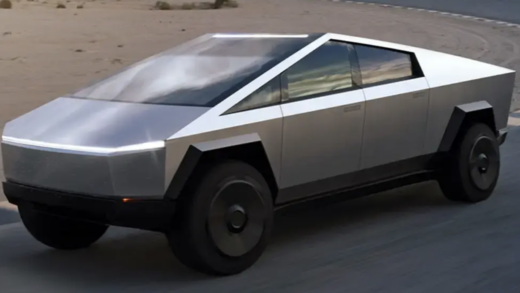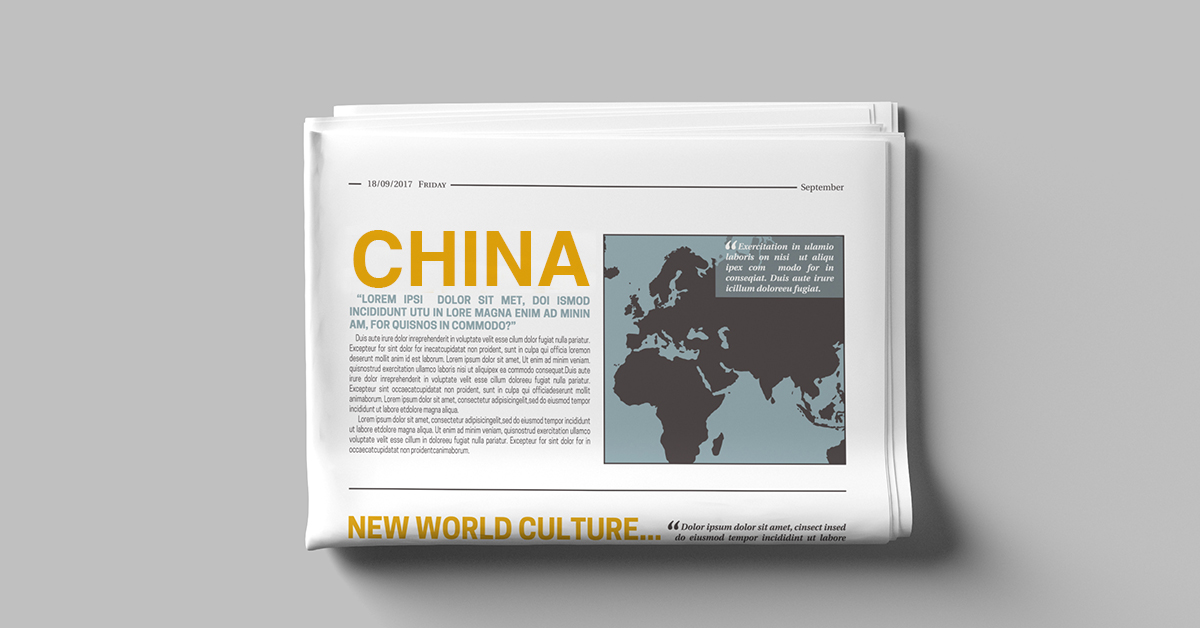ByteDance Hits $300 Billion Valuation Amid TikTok US Ban Threats
ByteDance Ltd., the parent company of TikTok, has valued itself at approximately $300 billion through a recent buyback offer, marking one of the highest valuations for the Chinese tech giant. This valuation has surged from $225 billion in October 2023 to $268 billion in December 2023. However, TikTok faces a federal ban in the US unless ByteDance sells the app to an American owner by mid-January. President-elect Donald Trump, who once supported the ban, has recently signaled opposition, potentially softening the outlook for TikTok.
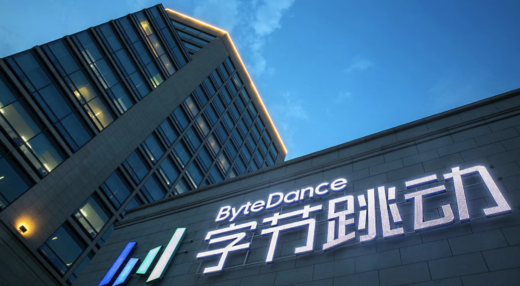
Lenovo Expands Global Manufacturing Plans
Lenovo, the world’s largest PC maker, is diversifying its supply chain and plans to open more manufacturing facilities outside China in response to global geopolitical uncertainty. The company, which operates more than 30 factories across nine markets, aims to reduce reliance on its main manufacturing base in China. Lenovo’s expansion includes a new investment deal in Saudi Arabia. This move follows a 24% revenue increase in the second quarter, fueled by strong sales of AI-capable computers.
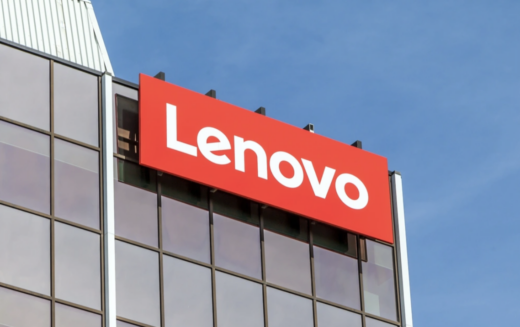
Beijing Invests $4.6 Billion to Boost Domestic Chip Industry
Beijing is channeling ¥33 billion ($4.6 billion) into a 12-inch wafer fabrication facility led by state-owned enterprises, strengthening China’s semiconductor capabilities. Key players include Beijing Yandong Microelectronics (YDME), investing ¥4.99 billion for a 24.95% stake, and BOE Technology, contributing ¥2 billion for 10%. This development follows progress from firms like SMIC and Huahong Semiconductor, as geopolitical pressures tighten advanced chip access for Chinese companies.
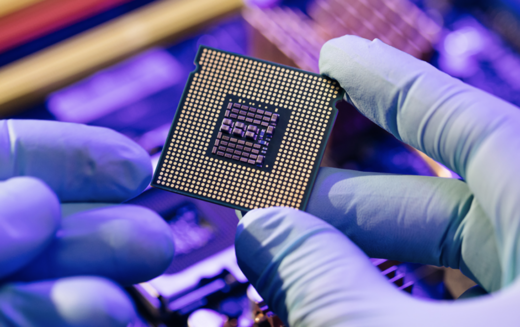
TSMC Secures $11B in U.S. Subsidies for Chipmaking Expansion
Taiwan Semiconductor Manufacturing Company (TSMC) and the Biden administration have finalized a historic $11 billion in grants and loans under the Chips Act to bolster U.S. chip production. This includes $6.6 billion in grants and $5 billion in loans, supporting TSMC’s $65 billion investment in three advanced chip fabs in Phoenix, Arizona. The fabs will produce cutting-edge 3nm chips critical for AI and national security. Despite bipartisan backing, the program faces uncertainty following President-elect Trump’s criticism of chip subsidies.
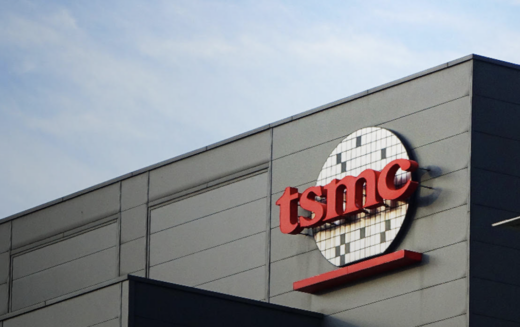
Russia fines Google $20,000,000,000,000,000,000,000,000,000,000,000
Russia claims Google owes over 2 undecillion rubles—$20 billion trillion trillion—after YouTube blocked pro-Russian channels. The sum, vastly exceeding the global economy’s $110 trillion GDP, results from weekly doubling fines imposed since 2022. A Russian court ordered Google to reinstate the channels or face penalties, which Kremlin spokesman Dmitry Peskov called “symbolic.” Google, which halted most operations in Russia after the Ukraine invasion, disputes the fines, stating they won’t impact earnings. Despite filing for bankruptcy in Russia, Google still provides services like Search and YouTube, maintaining a limited presence in the country.
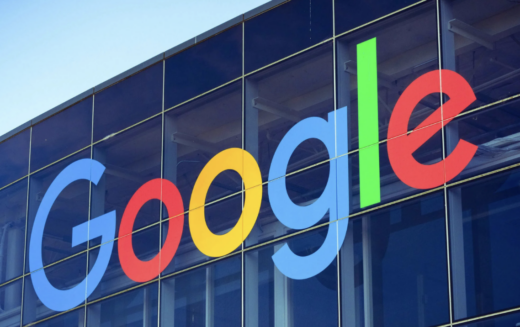
Amazon's AI Chip Ambitions Challenge Nvidia's Dominance
Amazon is preparing to launch Trainium 2, the latest AI chip from its Annapurna Labs, as part of its push to rival Nvidia in the AI processor market. The chips aim to reduce costs for Amazon Web Services (AWS) customers and improve efficiency in Amazon’s data centers. Companies like Anthropic and Databricks are already testing Trainium 2. Despite Nvidia’s stronghold on the market, AWS highlights a 40% cost-saving potential with its Inferentia chips.
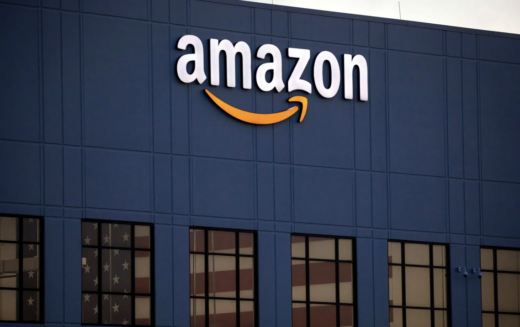
Tesla Initiates Sixth Cybertruck Recall in the Year
Tesla is recalling 2,431 Cybertrucks to replace faulty drive inverters, which can cause propulsion loss and increase collision risk. This marks the sixth recall for the $80,000 Cybertruck since its launch a year ago. Previously, Tesla addressed a camera display issue via a software update, but the current defect requires hardware replacement. Despite recalls, the Cybertruck ranked as the third-best-selling EV in the U.S. last quarter. Tesla is also under four NHTSA safety investigations, including concerns over its “Full Self-Driving” system in low-visibility conditions.
